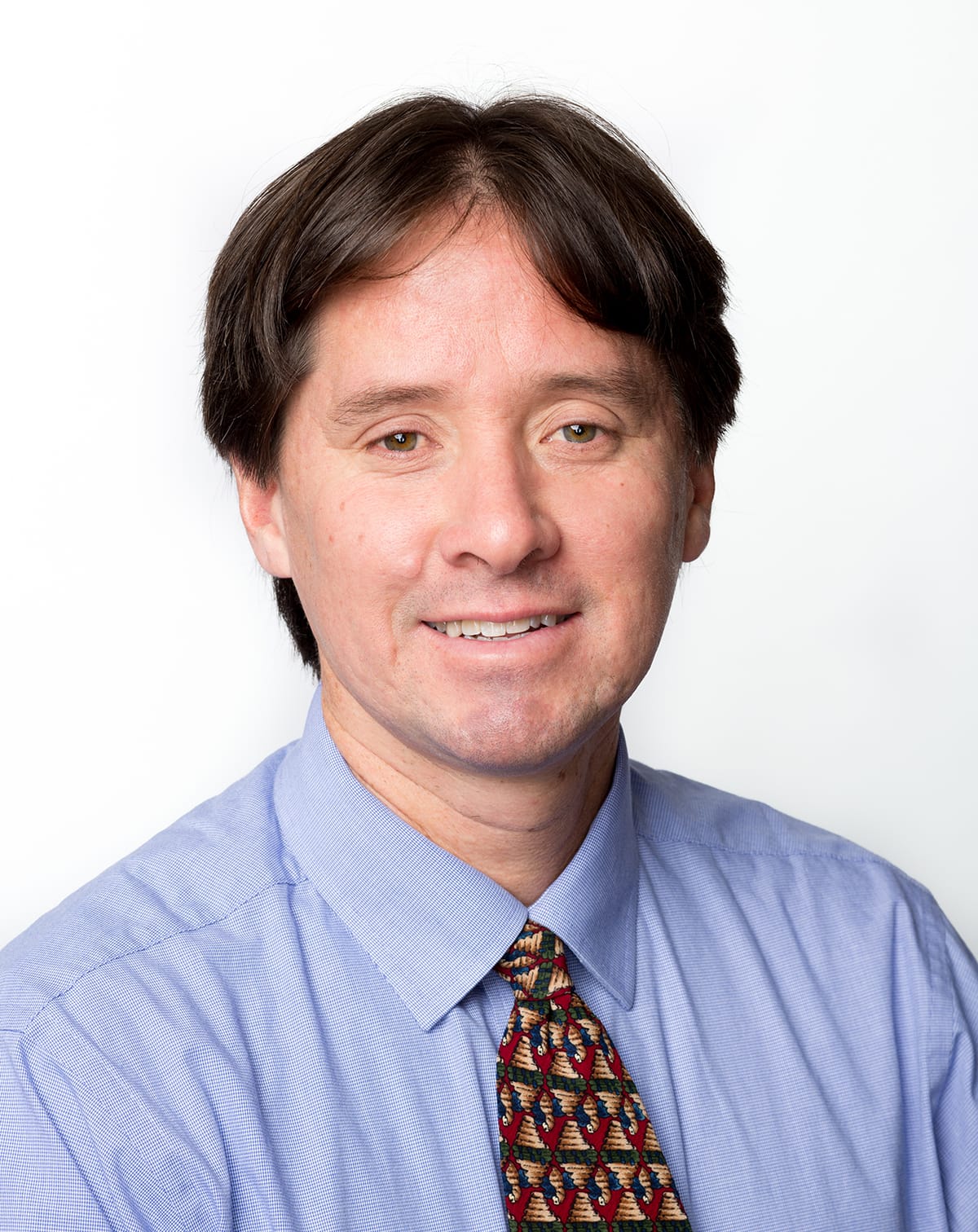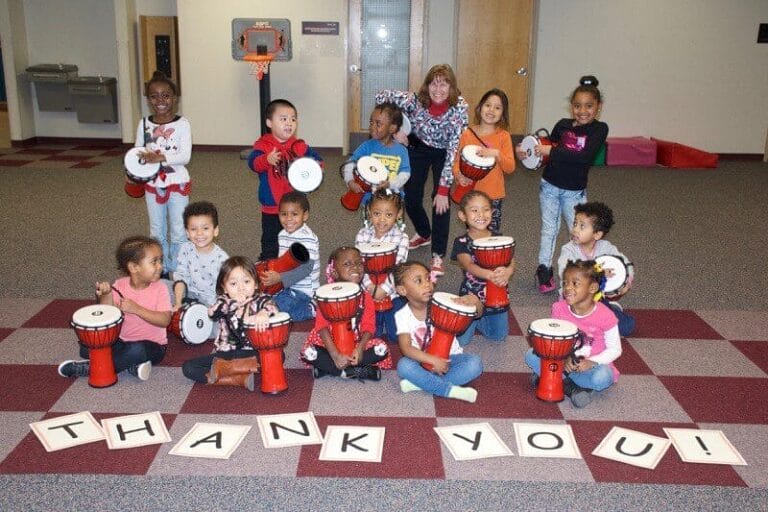
Faculty learn to teach essential workforce skills in online course
MADISON – – A college education typically promises to give students expertise in a specific field like geology or history. But few faculty are trained to teach 21st century soft skills—like communication and teamwork—that are vital in the workplace and our complex society. To address this issue, the University of Wisconsin-Madison is offering an online certificate in which educators learn how to incorporate these skills as they design and teach their own courses.
In Teaching 21st Century Skills in College Courses (March 26-May 6), higher education faculty and administrators learn the science behind the skills commonly linked to workplace success and civic-mindedness. The assignments and final project involve transforming a syllabus or learning activity so that the educators prominently feature one or more of these skills in their own instruction and assessments.
The course has seven online and self-paced modules, each of which includes readings from fields such as business, communication studies, and cognitive psychology; interactive group discussions; videotaped lectures; extensive web-based resources; and reflective writing activities that link course topics to students’ own disciplines and teaching practices.
The instructor is Professor Matthew Hora, a leading authority on skills development and the author of the award-winning Beyond the Skills Gap: Preparing College Students for Life and Work.

Formal training in how to teach soft skills
“If we want college students to develop skills like critical thinking and self-motivated learning, we first have to recognize that they are actually very difficult to teach and learn, and that how they are defined and used in practice varies considerably across the professions,” says Hora. “To effectively teach these skills, educators and workplace trainers need to learn the basics of instructional design and how to cultivate discipline-specific skills while also being mindful of ways that culture, race, and power influence how these skills are valued and rewarded.”
Antoine J. Alston, associate dean of academic studies in the College of Agriculture and Environmental Sciences at North Carolina A&T State University, learned essential teaching techniques in an earlier version of Hora’s course.
“It is imperative that our students hit the ground running, infused with the knowledge, skills, and dispositions required for success,” says Alston. “The skills in this course should be embedded within all curricula to ensure the ultimate professional preparation and academic experience for our students and to prepare them for the ‘real world’ of work, life, society, and entrepreneurship.”
For Beyond the Skills Gap, Hora and his research team conducted interviews at businesses and colleges about the skills necessary to succeed in today’s rapidly changing workplace and as engaged citizens. His findings underscore the need for a certificate like Teaching 21st Century Skills in College Courses.
“The course opens up a world of possibilities that are indispensable,” says Guillermina Pose, a language teacher at the Universidad Tecnologica del Uruguay who also took the earlier version of Teaching 21st Century Skills in College Courses.
At the request of Universidad Tecnologica del Uruguay, UW-Madison will translate the course into Spanish. Given UW-Madison’s commitment to the Wisconsin Idea—that education should influence people’s lives beyond the classroom—as well as global interest in these skills, the university is considering translating the course into Mandarin as well.



